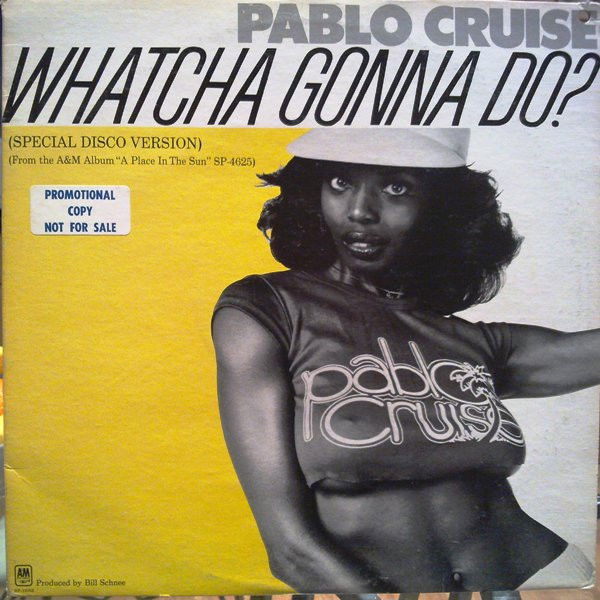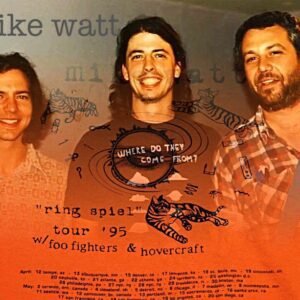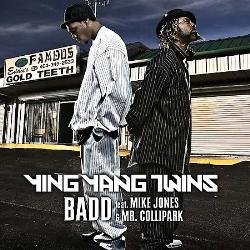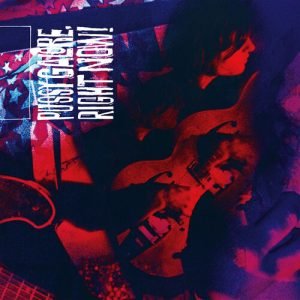Pablo Cruise – Whatcha Gonna Do
Description
Pablo Cruise is an American pop/rock band from San Francisco currently composed of David Jenkins (guitar and vocals), Cory Lerios (keyboards and vocals), Sergio Gonzalez (drums), Larry Antonino (bass and vocals) and Robbie Wyckoff (vocals and percussion). Formed in 1973, the band released eight studio albums over the next decade, during which time five singles reached the top 25 of the Billboard Hot 100 chart. The group underwent several personnel changes and split up in 1986. The original lineup—Jenkins, Lerios, Price and Bud Cockrell—reunited briefly in 2004, and the group continues to tour today with two out of the original four members present.
History
Pablo Cruise began in San Francisco in 1973 with former members of Stoneground (Cory Lerios on keyboards and vocals, David Jenkins as vocalist and on guitar and Steve Price on drums) and It’s a Beautiful Day (Bud Cockrell on bass and vocals). Lerios had formed a band, Together, while at Palo Alto High School. His classmate, Steve Price, signed on as a roadie (because he owned a van) then joined the group on drums when their drummer left. They were eventually to find their way into Stoneground, where they were joined by Jenkins (originally from Ypsilanti, Michigan).
Initially, many fans assumed that Pablo Cruise was the name of one of the members of the band. When asked the question, the band, which is a quartet, would answer, “He’s the guy in the middle.” When asked what Pablo Cruise meant, the band would say that “Pablo represents an honest, real, down-to-earth individual and Cruise depicts his fun-loving and easygoing attitude towards life.”
With the help of their new manager, Bob Brown (who would later steer Huey Lewis and the News to stardom), the band signed to A&M Records and released its first album in May 1975, a minor success self-titled Pablo Cruise, and their second album in March 1976, titled Lifeline. Their second album achieved slightly greater success than their first but still only managed to chart at No. 139 in the United States. The instrumental “Zero to Sixty in Five” from Lifeline was used as theme music for various sports television shows. That success encouraged the band to try their hand at more film and TV scoring.
1977’s A Place in the Sun was the turning point in the band’s career as they finally entered the mainstream music scene with hit singles “Whatcha Gonna Do?” (No. 6) and the title track “A Place in the Sun” (No. 42), the album peaked at No. 19 on the Billboard 200.







